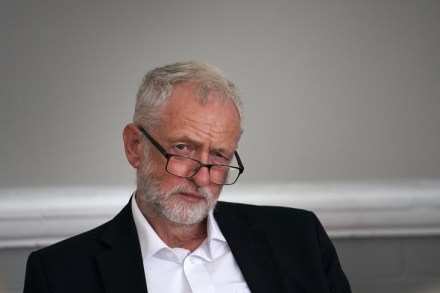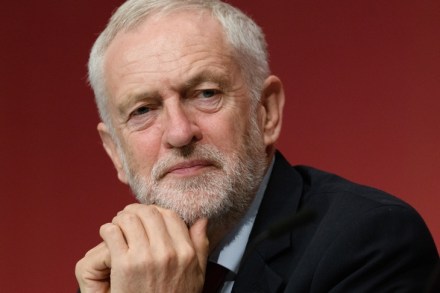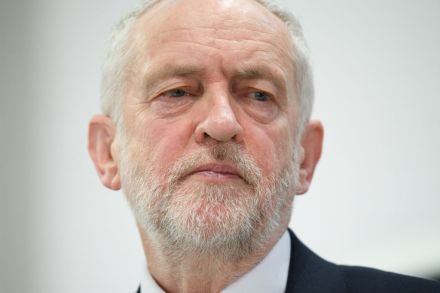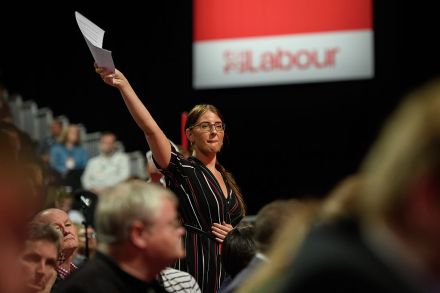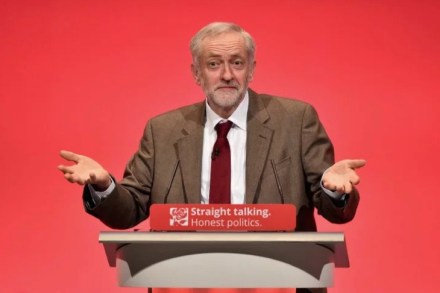Can Corbyn keep up the pressure on May on council cuts?
Jeremy Corbyn had a good line of attack at today’s Prime Minister’s Questions, choosing to focus on the financial crisis at Northamptonshire Council. When the Labour leader chooses a less-obvious topic, he has the benefit of surprise, but also the disadvantage of appearing to be avoiding talking about something more important. Today, though, Corbyn had also worked out a smart introductory question, which ended with him asking if what was happening at Northamptonshire was down to ‘incompetence at a local level of national level’. This was a difficult question for Theresa May to answer, as it would involve either criticising her own government, or suggesting that Tories weren’t very good
